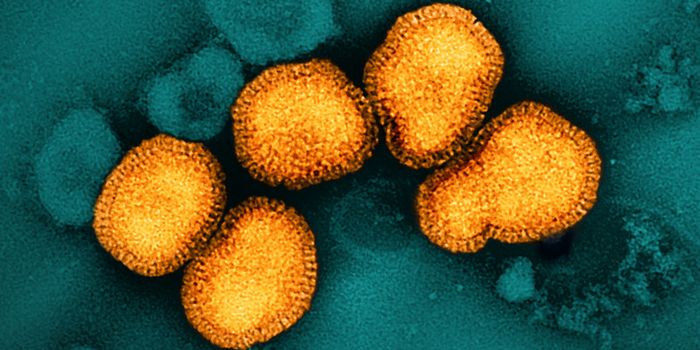COVID-19 Delta Variant Seems to Grow Faster & Be More Contagious
In October 2020, what's now called the Delta variant (B.1.617.2) of SARS-CoV-2 was first detected in India. It's now the most prevalent strain in many areas, including India, the UK, and Russia, and experts have predicted that it will soon be the dominant strain in Europe. The Alpha strain of SARS-CoV-2, variant B.1.1.7, is currently thought to be the dominant strain in the United States according to the Centers for Disease Control and Prevention (CDC). However, the latest data indicates that the Delta variant has become the dominant strain in several states including Mississippi, where only a third of residents have been vaccinated.
Studies have suggested that Delta is about 60 percent more transmissible than the Alpha variant.
The Delta variant is also not as susceptible to antibodies that can stop it from infecting cells compared to Alpha. A Nature study that tested the efficacy of monoclonal antibodies against Delta showed that they were still effective, though one of them, called Bamlanivimab, did not work as well. Research has suggested that two doses of the Pfizer-BioNTech vaccine are 88 percent effective against Delta while only one dose provided protection about 33 percent. Moderna announced that two dises of their vaccine is effective against all current variants.
We still have more to learn about the Delta variant. But new research reported on virological.org has indicated that once it gets into people's lung cells, it can grow faster and generate higher levels of viral particles than the original strain of SARS-CoV-2. In that study, scientists assessed virus levels in 62 COVID-19 patients that were infected in an outbreak of the Delta strain in China in May and June of 2021, and compared them to patients infected during the initial 2020 epidemic. The work suggested that on the day patients' infections were first detected, the viral loads were about 1000 times higher in people infected with Delta compared to people infected with the original (19A/B) strains. The research also suggested that people infected with the Delta variant could be spreading the virus to other people earlier in their infection.
This work underscores the importance of isolating people who are infected as soon as they are diagnosed, and getting as many people vaccinated as soon as possible. For now, research has suggested that people who have received both doses of the Pfizer or Moderna vaccines are still protected from COVID-19. Importantly, the vaccines can also protect people from the worst COVID-19 cases if they do become infected.
The director of the CDC, Dr. Rochelle Walensky said that in some states, 99.5 percent of fatalities from COVID-19 are in people who were not vaccinated.
"We know that the delta variant ... is currently surging in pockets of the country with low vaccination rates," Walensky said. "We also know that our authorized vaccines prevent severe disease, hospitalization and death from the delta variant."
The longer the virus spreads, the more chances it will have to mutate into new strains as well.
Sources: NPR, Institut Pasteur, CDC, Nature










